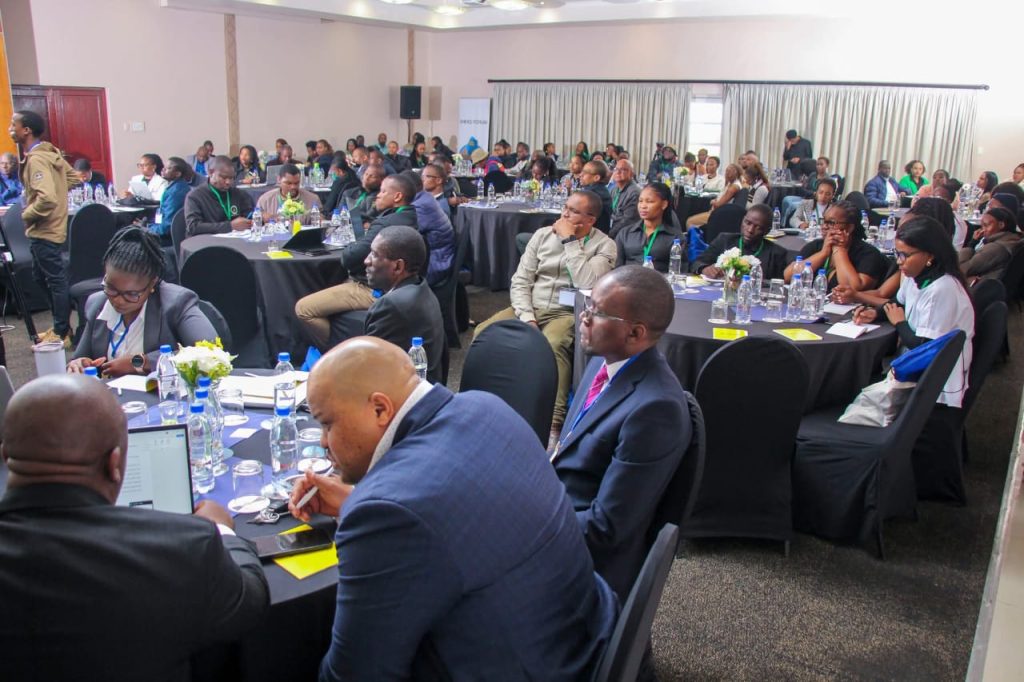
The Minister of Information, Communications, and Technology (ICT), Savannah Maziya, issued a stark warning that more than half of the jobs in Eswatini could vanish over the next ten years if the country does not adopt change, targeted upskilling, and innovation.
During the SHERQ (Safety, Health, Environment, Risk, and Quality) engagement at the Royal Villas, Maziya highlighted that technological progress, particularly AI and evolving global markets, is transforming employment more rapidly than before.
“Change management should not be something we fear. It should be something we are eager to pursue,” she stated. “In the next ten years, over 50% of the jobs in this room might no longer exist. We must adopt change management and innovation urgently, as most jobs are becoming digital.”
The event gathered SHERQ practitioners, safety experts, ICT officials, private-sector representatives from telecoms and infrastructure—including mining—occupational health and safety consultants, regulators, business leaders, entrepreneurs, regional delegates, media members, and young STEM advocates.
Maziya emphasized that the pace of change over the coming decade will vastly surpass that of the last forty years. “If you don’t see change management as a tool for us to adapt, thrive, and survive, we risk becoming irrelevant,” she warned.
While recognizing technology’s role, the Minister noted that true progress also involves sustainability, ethical business practices, and sound decision-making. She linked SHERQ principles to economic sustainability, ethical sourcing, fair labor, waste reduction, and consumer confidence building.
“Trust is the government’s most valuable asset,” she said. “If we do not keep this at the heart of our service, we will lose public trust, and businesses will lose clients.”
The Minister outlined ongoing investments in ICT infrastructure aimed at positioning Eswatini for global competitiveness, including:
Digital government services enabling passport renewals, payments, and document access fully online.
Maziya observed that these systems would make government services almost invisible—allowing citizens to focus on economic activities instead of bureaucratic procedures.

“SHERQ must be more than a box-ticking exercise; it should become a way of living,” Maziya urged, encouraging both the public and private sectors to embed resilience and adaptability into their operations. She stressed targeted upskilling and reskilling efforts to help workers transition into new roles as automation continues to reshape industries.
Her comments align with global forecasts, including the World Economic Forum’s projection that 44% of workers’ skills will be disrupted within the next five years as AI automates large parts of business functions.



